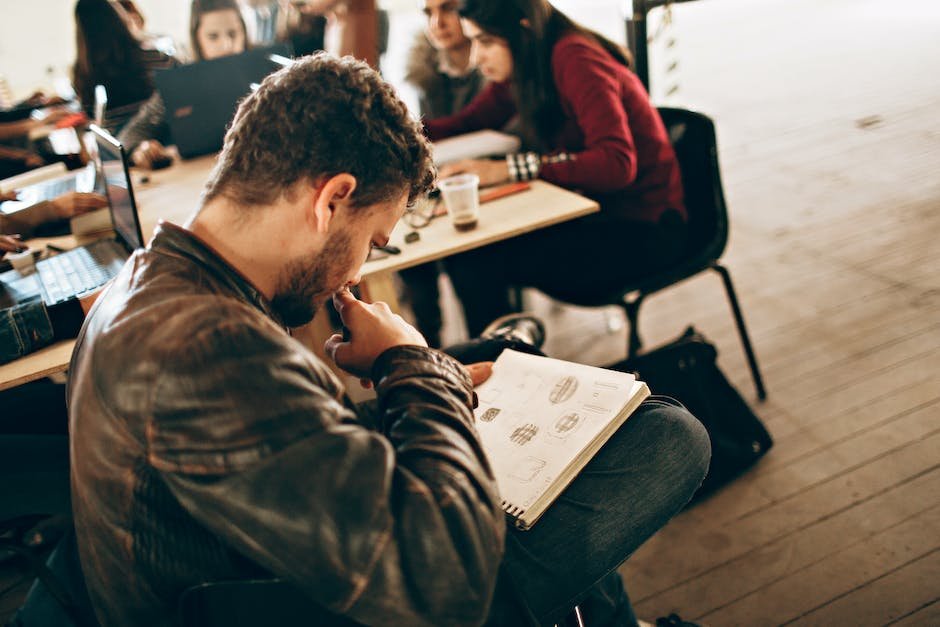-
Índice Liberdade e Vida Clínica de Recuperação
The Importance of Compulsory Internment for Addiction Recovery in Itajubá, MG
The issue of addiction is a complex and challenging one that affects individuals and communities worldwide. In Itajubá, MG, the problem of addiction is no different. Many individuals in this region struggle with substance abuse and find it difficult to break free from the cycle of addiction. In such cases, compulsory internment can play a crucial role in helping individuals regain control of their lives and embark on the path to recovery.
Compulsory internment refers to the legal process of involuntarily admitting individuals with severe substance abuse problems into a treatment facility. While this approach may seem controversial to some, it is important to understand the reasons behind its implementation and the potential benefits it can bring.
First and foremost, compulsory internment is a measure taken to protect individuals who are unable to make rational decisions due to the grip of addiction. In many cases, addicts are not fully aware of the extent of their problem or the harm they are causing to themselves and others. By mandating their internment, society is taking a proactive step in ensuring their safety and well-being.
Moreover, compulsory internment provides addicts with a structured and controlled environment that is conducive to recovery. In a treatment facility, individuals have access to professional medical and psychological support, as well as a range of therapeutic interventions. This comprehensive approach addresses not only the physical aspects of addiction but also the underlying psychological and emotional issues that contribute to it.
Additionally, compulsory internment offers addicts a respite from the triggers and temptations of their everyday lives. By removing them from their usual environment, individuals are given the opportunity to break free from the cycle of addiction and develop healthier coping mechanisms. This break from their usual routines can be instrumental in helping them gain clarity and perspective on their situation.
Furthermore, compulsory internment provides addicts with a sense of accountability and responsibility. By being placed in a treatment facility, individuals are made aware of the consequences of their actions and
Embracing Freedom and Life: A Journey to Recovery with the Rehabilitation Clinic in Itajubá
Embracing Freedom and Life: A Journey to Recovery with the Rehabilitation Clinic in Itajubá
Addiction is a complex and devastating disease that affects millions of people worldwide. It can tear families apart, ruin careers, and lead to a life of despair. For those struggling with addiction, finding the right path to recovery is crucial. In Itajubá, a city in the state of Minas Gerais, Brazil, individuals have the opportunity to embark on a journey to recovery with the help of a rehabilitation clinic.
The concept of compulsory hospitalization, or internação compulsória in Portuguese, has been a topic of debate in recent years. Some argue that it infringes upon an individual’s freedom, while others believe it is necessary to save lives. The rehabilitation clinic in Itajubá takes a unique approach to internação compulsória, focusing on the restoration of freedom and the promotion of a fulfilling life.
At the heart of the clinic’s philosophy is the belief that every individual deserves a chance at redemption and a life free from the grips of addiction. The clinic provides a safe and supportive environment for individuals to detoxify their bodies and begin the healing process. Under the guidance of experienced medical professionals and therapists, patients are given the tools they need to overcome their addiction and rebuild their lives.
One of the key aspects of the clinic’s approach is the emphasis on individualized treatment plans. Each patient is unique, and their journey to recovery should reflect that. The clinic’s team of experts conducts a thorough assessment of each patient’s needs and creates a personalized treatment plan tailored to their specific circumstances. This ensures that every individual receives the care and support they require to achieve lasting sobriety.
In addition to traditional therapy methods, the clinic also offers a range of holistic treatments to complement the recovery process. These include yoga, meditation, art therapy, and outdoor activities. These activities not only promote










